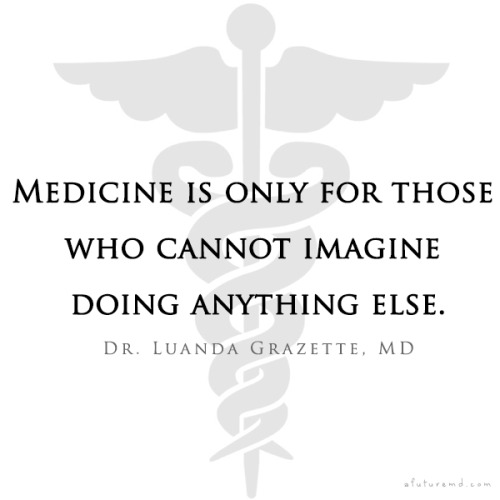There are many reasons that pre-health students consider taking “gap years”. Gap years can offer wide opportunities and time for students to grow, develop their resumes, become more competitive applicants, take a break before committing to more rigorous education, or even earn money to afford more education. It is not uncommon to take time before entering medical, dental, podiatry or other higher education programs, but it is important that you make a plan for what you will do. One of the options to explore is doing a post-bacc or an SMP.
To be consistent in this article, I will often discuss how post-bacs and SMPs benefit medical school connections and applicants, but these programs are not limited to pre-meds and offer benefits to many different pre-health students. My own program had many dental and physician assistant applicants.
Post-baccalaureate Program aka post-bac
A post-bac program is often akin to taking more undergraduate level courses. Many universities offer formal post-bac programs, but it is important to look at what they are offering. Post-bacs can be non-degree granting programs, certificate programs, or second degree programs. Some students even do “informal” post-bacs by enrolling as non-degree seeking students and taking higher level science courses or missing courses to complete pre-requisite requirements. It is important to understand why you are considering a post-bac. Are you doing it to change careers, gain credits, and meet pre-requisites or are you doing it to enhance your undergraduate GPA and workload? Keeping this question in mind will help you choose which programs meet your goals and some programs will specific their own purpose (e.g. only for career changers). Next you should research what requirements and deadlines need to be met to enter your post-bac program options. For instance, the GRE is often cited as a requirement and many programs require letters of recommendation. Researching these requirements ahead of time will allow you to matriculate into the program of your choice at your ideal time.
One issue that is often mentioned as a drawback of post-bacs is the amount of credits needed to really change an undergraduate GPA. If you have many undergraduate credits accumulated, you will need many A’s, likely across a few years, to make a significant GPA change. But, does that mean you should do an SMP?
Special Masters Program aka SMP
The phrase I would constantly hear in association with SMPs was that they were high risk and high reward. This is because, SMPs often provide course work that is on the graduate level or medical school level. Some even involve taking MS1 (First-Year medical student) courses. These programs are generally more difficult than post-bacs and you should not enter an SMP if you do not think you are ready to take on that challenge. Doing poorly in an SMP is difficult to recover from, but doing well in an SMP can open many doors. Often, SMPs will tell you exactly which “doors” they open. Many SMP programs are affiliated or have linkage with medical schools and some will offer guaranteed interviews. For instance, a program may say that if you get at least a 3.6 in their program they can guarantee you an interview at their institution’s medical school. Other programs have more subtle benefits- they might introduce you to different school contacts or they may have built up reputations for themselves and having their program on your application will help you stand out.
Something to note about SMPs is that program specifications vary widely. Some require a certain score on the MCAT, some require that you have never taken MCAT before, some require that you are a career-changer, others require that you are from an underrepresented background. Researching programs early is essential to figuring out what path is best for you.
In general, if students do not need to showcase their academic ability, they do not choose to do post-bacs or SMPs in order to avoid the financial burden. If you think you have proven your academic capabilities, then consider focusing on other aspects of your application during your gap year(s). Reach out to mentors, advisors, and admission committees to get their opinion on how you can best improve and grow during your gap years.
Resources:
Old PreMed Podcast on SMP vs post-bac: https://play.acast.com/s/oldpremedspodcastmedicalschoolheadquarterspremedmcat/22-choosing-between-an-smp-vs-postbac-program
*Outdated* but extensive lists on post-bacs and SMPs. Triple check specific program requirements, deadlines, and other specifications. These lists are just a start to your options.
https://apps.aamc.org/postbac/#/index
